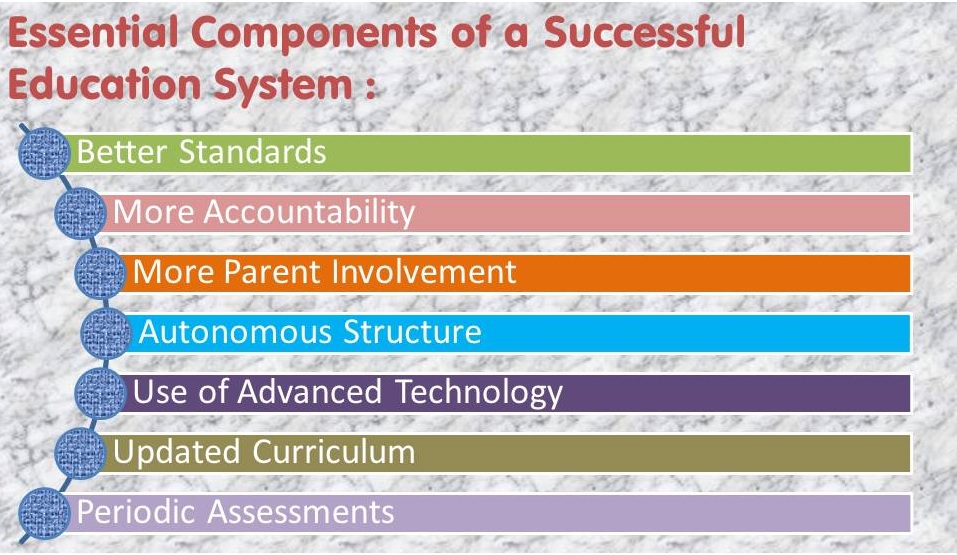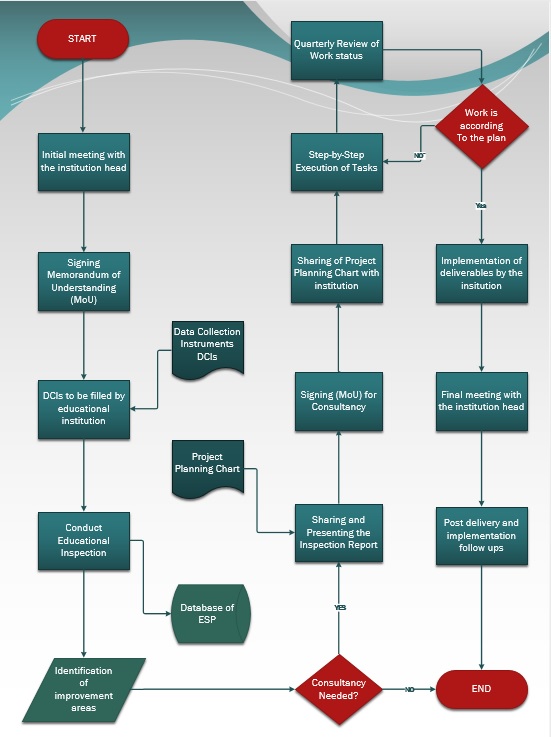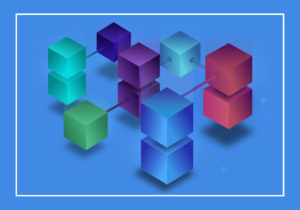Educational System Development - ESD
The education industry today is faced with many challenges, and in order to improve the education system and the performance and development of the education industry, the major improvement must be made in the sector. Educators around the world including Pakistan are rethinking the ways in which they prepare learners for learning, work, and citizenship in a local and global society that requires individuals to effectively engage with each other, creatively approach tasks, and be lifelong learners. The skills required for success in educational institutions, careers, and life can be collectively referred to as 21st century competencies, although the specific competencies emphasized vary based on local contexts and values.
Programs and initiatives that support the development of 21st century competencies have long been implemented in both educational institutions and in informal learning settings. However, these programs have not been systematically offered as part of all learners’ educational experiences: programs have fallen in the realm of special leadership programs, or targeted intervention programs for specific populations.
In recent years, this landscape has begun to change. Few learned educational institutions have taken steps to develop policies that ensure supports for all learners in gaining 21st century competencies as part of a comprehensive learning experience.

In addition, the responsibility for 21st century competencies are increasingly shared across both the formal education system (the traditional school day) and the informal system (such as extracurricular or out-of-school time programs). Policy change and cross-sector alignment are both important steps in building sustainable systems, as they make 21st century competencies a more visible priority than when the competencies are promoted through individual programs. When multiple sectors are involved, and when system-level policies are introduced, the system becomes more resourceful and sustainability more assured.
The policies and programs in the education structure should be developed to aim higher achievement standards and goals. Standards are formal documents that establish uniform education criteria, methods, processes, and practices developed through an accredited consensus process. Standards should be developed based on guiding principles of openness, balance, consensus, and due process and should be duly established in order to meet technical, safety, regulatory, societal, and market needs and should also be catalysts for technological innovation and global market competition.
Process Flow Chart of ESD Service

The adoption of standards will benefit both learners and their faculty mentors as they face various challenges and will help the learners understand and assess what they are aiming at and where they are heading. Education as a sector has a diverse range of potential standards requirements including and some areas where development of standards will be helpful are; managing learner records, managing research proposals and outputs, using classroom interaction technology, supporting distance and flexible learning online, providing authentication and authorization services for managing access to digital resources, detecting plagiarism and using digital assessments.


